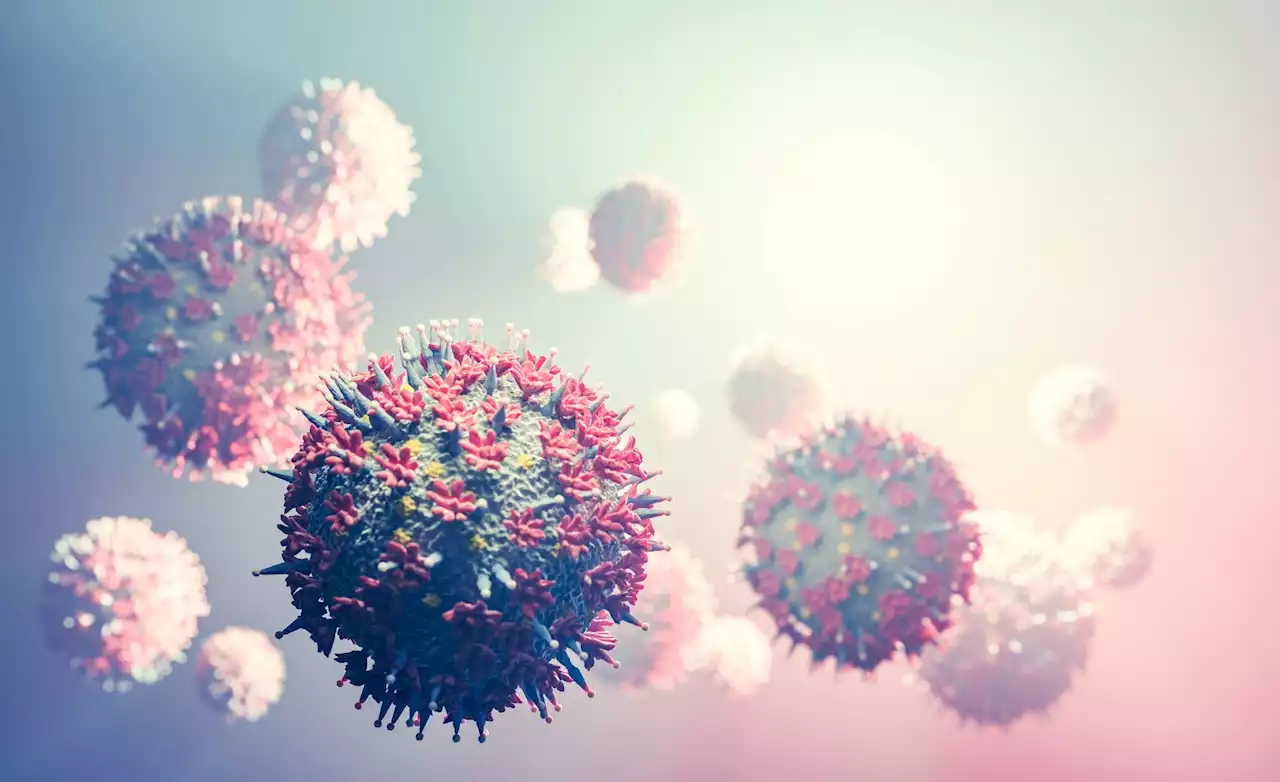Three-dimensional in vitro model to reproduce COVID-19-induced endothelial dysfunction biorxivpreprint UTAustin COVID19 SARSCoV2 EndothelialDysfunction
By Pooja Toshniwal PahariaOct 5 2022Reviewed by Aimee Molineux In a recent study posted to the bioRxiv* preprint server, researchers developed a three-dimensional in vitro tissue model to assess the effects of severe acute respiratory syndrome coronavirus 2 on the vascular endothelial cells.
About the study In the present study, researchers extended their previous analysis by creating a 3D model to study vascular network disruption in COVID-19. The cells were also treated with dexamethasone and visualized by confocal microscopy. The vessel length, vascular connectivity, and vessel lumen diameters were analyzed based on a previously developed computational pipeline. SARS-CoV-2 messenger ribonucleic acid from the hydrogels was subjected to qRT-PCR analysis to quantify mRNA expression based on the cycle threshold values.
Following CSP treatment, the vascular network showed reduced density and more cells with an altered rounded morphology. CSP treatment led to 22%, 33% and 29% reductions in vessel endpoints, vessel branch points, and vessel links, respectively. The corresponding reductions observed on using CSP in 100 µg/mL concentration were 17%, 24%, and 22%, respectively.
United Kingdom Latest News, United Kingdom Headlines
Similar News:You can also read news stories similar to this one that we have collected from other news sources.
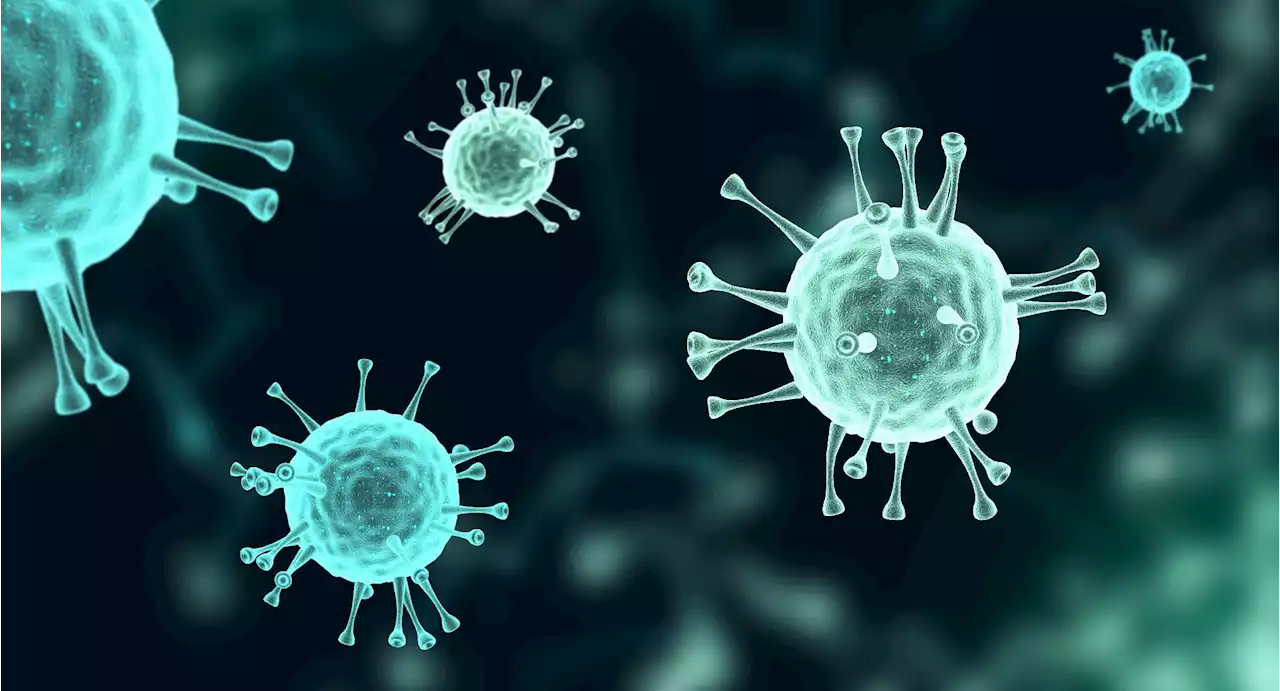 What is the COVID-19 mRNA-1273 vaccine effectiveness against SARS-CoV-2 Omicron sub-variants?What is the COVID-19 mRNA-1273 vaccine effectiveness against SARS-CoV-2 Omicron sub-variants? medrxivpreprint KPSCALnews COVID19 SARSCoV2 Omicron VOC mRNA Vaccine
What is the COVID-19 mRNA-1273 vaccine effectiveness against SARS-CoV-2 Omicron sub-variants?What is the COVID-19 mRNA-1273 vaccine effectiveness against SARS-CoV-2 Omicron sub-variants? medrxivpreprint KPSCALnews COVID19 SARSCoV2 Omicron VOC mRNA Vaccine
Read more »
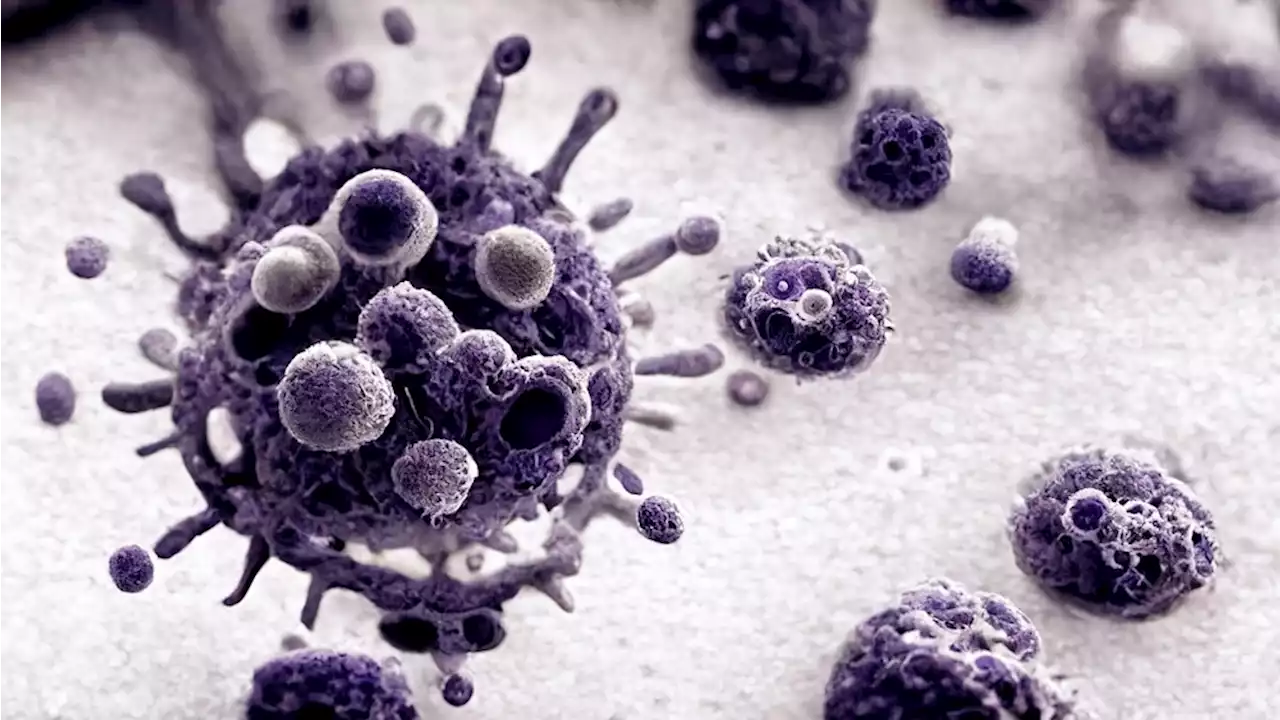 Antibody escape mutations of SARS-CoV-2 BA.2.75A new study discusses how immune escape mutations allow a recent SARS-CoV-2 variant to evade neutralizing antibodies and cause breakthrough infections.
Antibody escape mutations of SARS-CoV-2 BA.2.75A new study discusses how immune escape mutations allow a recent SARS-CoV-2 variant to evade neutralizing antibodies and cause breakthrough infections.
Read more »
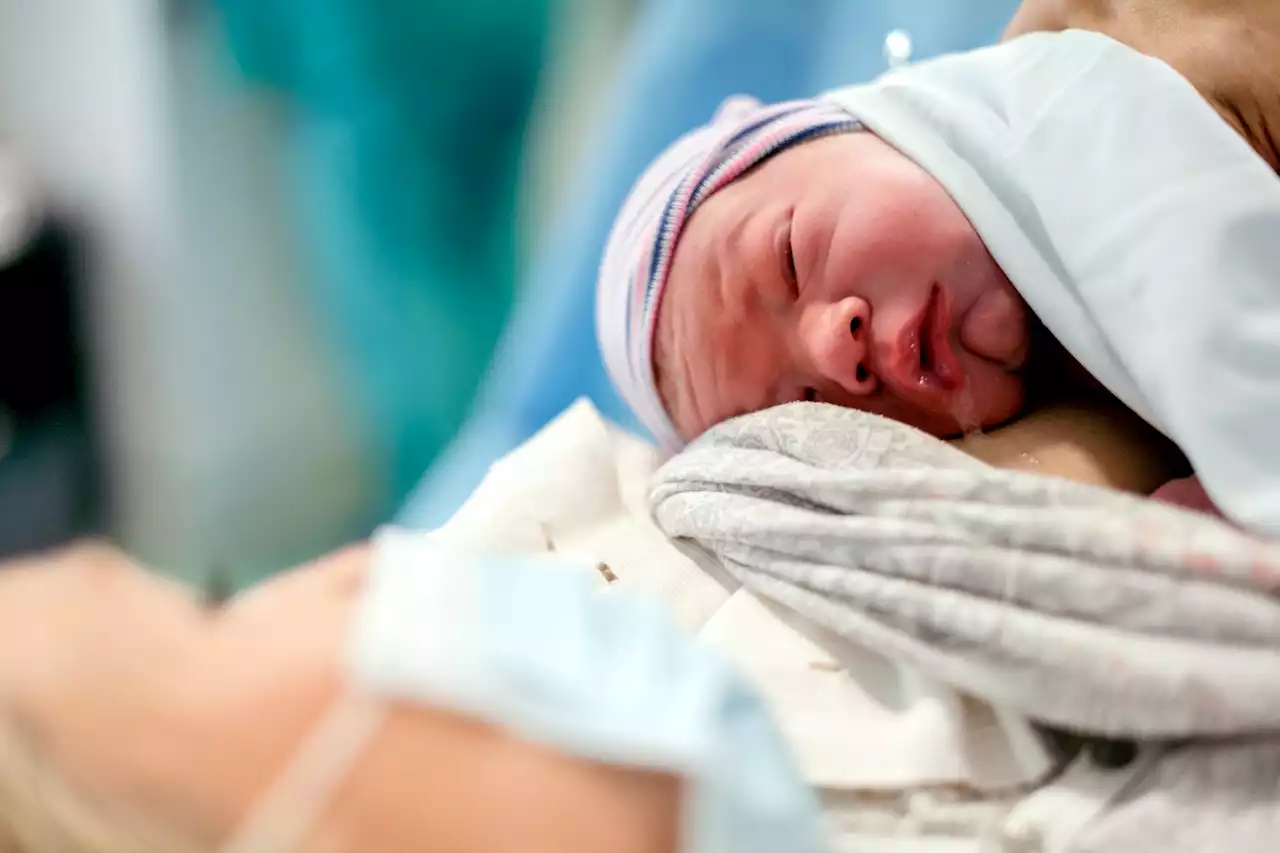 Are infants younger than six months at higher risk of SARS-CoV-2 infections?In a recent study posted to the medRxiv* preprint server, a team of researchers in the United States examined the incidence and associated characteristics of medically attended coronavirus disease 2019 (COVID-19) episodes in infants below six months of age.
Are infants younger than six months at higher risk of SARS-CoV-2 infections?In a recent study posted to the medRxiv* preprint server, a team of researchers in the United States examined the incidence and associated characteristics of medically attended coronavirus disease 2019 (COVID-19) episodes in infants below six months of age.
Read more »
 Can you shed infectious SARS-CoV-2 virions even if COVID vaccinated?Researchers in the United States published a study in the journal PLOS Pathogens that examined the shedding of infectious severe acute respiratory syndrome coronavirus 2 (SARS-CoV-2) virions despite vaccination against it.
Can you shed infectious SARS-CoV-2 virions even if COVID vaccinated?Researchers in the United States published a study in the journal PLOS Pathogens that examined the shedding of infectious severe acute respiratory syndrome coronavirus 2 (SARS-CoV-2) virions despite vaccination against it.
Read more »
 Beatles star Sir Ringo Starr, 82, cancels US tour after testing positive for CovBeatles star, Sir Ringo Starr has pulled out of his upcoming US tour shows after testing positive for Covid.
Beatles star Sir Ringo Starr, 82, cancels US tour after testing positive for CovBeatles star, Sir Ringo Starr has pulled out of his upcoming US tour shows after testing positive for Covid.
Read more »
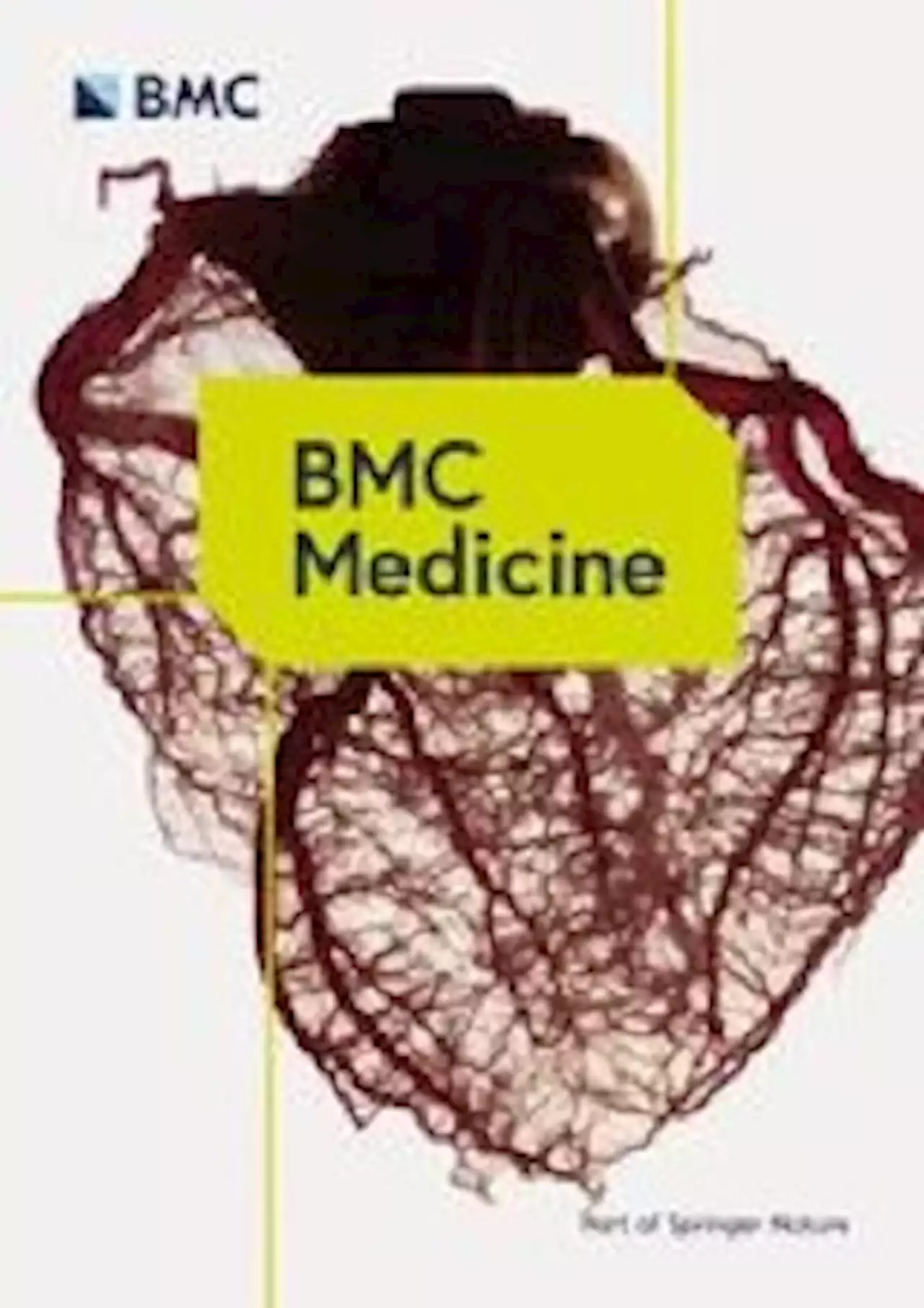 Probing SARS-CoV-2-positive plasma to identify potential factors correlating with mild COVID-19 in Ghana, West Africa - BMC MedicineBackground West Africa has recorded a relatively higher proportion of asymptomatic coronavirus disease 2019 (COVID-19) cases than the rest of the world, and West Africa-specific host factors could play a role in this discrepancy. Here, we assessed the association between COVID-19 severity among Ghanaians with their immune profiles and ABO blood groups. Methods Plasma samples were obtained from Ghanaians PCR-confirmed severe acute respiratory syndrome coronavirus 2 (SARS-CoV-2)-positive individuals. The participants were categorized into symptomatic and asymptomatic cases. Cytokine profiling and antibody quantification were performed using Luminex™ multiplex assay whereas antigen-driven agglutination assay was used to assess the ABO blood groups. Immune profile levels between symptomatic and asymptomatic groups were compared using the two-tailed Mann-Whitney U test. Multiple comparisons of cytokine levels among and between days were tested using Kruskal-Wallis with Dunn’s post hoc test. Correlations within ABO blood grouping (O’s and non-O’s) and between cytokines were determined using Spearman correlations. Logistic regression analysis was performed to assess the association of various cytokines with asymptomatic phenotype. Results There was a trend linking blood group O to reduced disease severity, but this association was not statistically significant. Generally, symptomatic patients displayed significantly (p | 0.05) higher cytokine levels compared to asymptomatic cases with exception of Eotaxin, which was positively associated with asymptomatic cases. There were also significant (p | 0.05) associations between other immune markers (IL-6, IL-8 and IL-1Ra) and disease severity. Cytokines’ clustering patterns differ between symptomatic and asymptomatic cases. We observed a steady decrease in the concentration of most cytokines over time, while anti-SARS-CoV-2 antibody levels were stable for at least a month, regardless of the COVID-19 status. Conclusions The findin
Probing SARS-CoV-2-positive plasma to identify potential factors correlating with mild COVID-19 in Ghana, West Africa - BMC MedicineBackground West Africa has recorded a relatively higher proportion of asymptomatic coronavirus disease 2019 (COVID-19) cases than the rest of the world, and West Africa-specific host factors could play a role in this discrepancy. Here, we assessed the association between COVID-19 severity among Ghanaians with their immune profiles and ABO blood groups. Methods Plasma samples were obtained from Ghanaians PCR-confirmed severe acute respiratory syndrome coronavirus 2 (SARS-CoV-2)-positive individuals. The participants were categorized into symptomatic and asymptomatic cases. Cytokine profiling and antibody quantification were performed using Luminex™ multiplex assay whereas antigen-driven agglutination assay was used to assess the ABO blood groups. Immune profile levels between symptomatic and asymptomatic groups were compared using the two-tailed Mann-Whitney U test. Multiple comparisons of cytokine levels among and between days were tested using Kruskal-Wallis with Dunn’s post hoc test. Correlations within ABO blood grouping (O’s and non-O’s) and between cytokines were determined using Spearman correlations. Logistic regression analysis was performed to assess the association of various cytokines with asymptomatic phenotype. Results There was a trend linking blood group O to reduced disease severity, but this association was not statistically significant. Generally, symptomatic patients displayed significantly (p | 0.05) higher cytokine levels compared to asymptomatic cases with exception of Eotaxin, which was positively associated with asymptomatic cases. There were also significant (p | 0.05) associations between other immune markers (IL-6, IL-8 and IL-1Ra) and disease severity. Cytokines’ clustering patterns differ between symptomatic and asymptomatic cases. We observed a steady decrease in the concentration of most cytokines over time, while anti-SARS-CoV-2 antibody levels were stable for at least a month, regardless of the COVID-19 status. Conclusions The findin
Read more »
